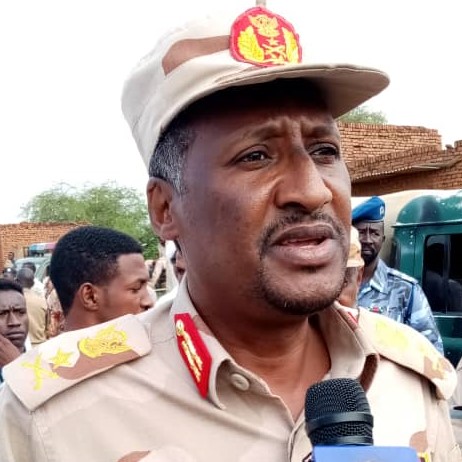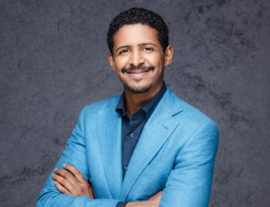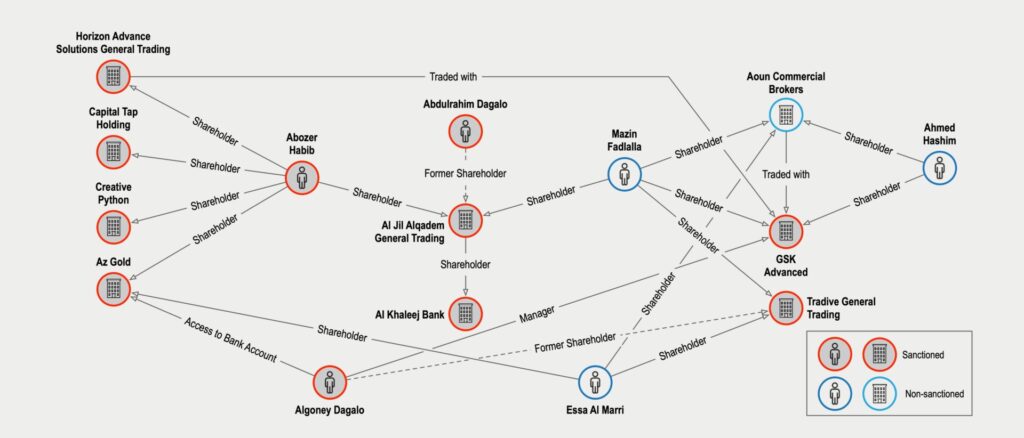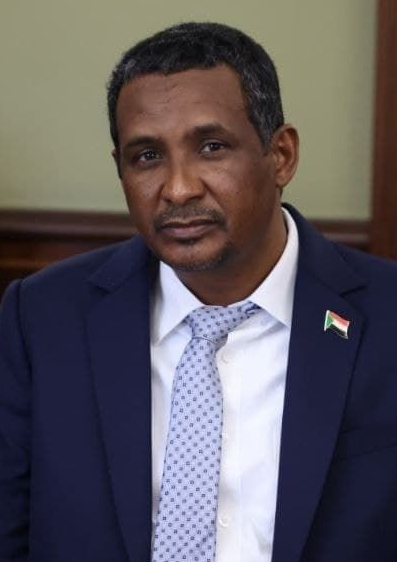A new investigation by The Sentry has revealed how Sudan’s Rapid Support Forces (RSF) have relied on a shadowy network of companies in the United Arab Emirates to finance their operations. The report details financial links tied to RSF commander Mohamed Hamdan Dagalo “Hemedti,” along with his brothers Abdulrahim and Algoney Dagalo.

According to the findings, Dubai-based businessmen helped establish a web of front companies ranging from gold-trading firms to a management consultancy and even an interior design company, all of which funneled resources and influence back to the RSF leadership.

One key figure identified is Mazin Fadlalla, who in 2019 purchased hundreds of Toyota vehicles for Tradive, an RSF-controlled company later sanctioned by the U.S. This revelation was first uncovered by Global Witness journalists, based on leaked RSF data. Fadlalla, alongside Sudanese businessman Abozer Habib—also known as Abu Dharr—created multiple firms linked to the RSF. Notably, they assumed ownership of Al Jil Alqadem from Abdulrahim Dagalo. That company held shares in Al Khaleej Bank (AK), an institution widely reported to have RSF ties.

Habib, sanctioned by the U.S. Treasury in 2025 for his role in Capital Tap, was accused of providing millions of dollars’ worth of weapons to the RSF. While the sanctions targeted Habib, the report raises questions about the role of Emirati businessman Naser Alhammadi, who was instrumental in setting up Capital Tap. Both Alhammadi and Fadlalla declined to respond to requests for comment, while Habib has denied any wrongdoing.
The revelations underscore how the RSF leveraged commercial networks in the UAE to expand its influence, launder profits from Sudan’s gold trade, and obtain military hardware. Analysts warn the investigation highlights the entrenched financial pipelines that sustain the paramilitary group, complicating efforts to cut off funding amid Sudan’s ongoing conflict.
The full report by The Sentry can be read here:TheSentry_Org


